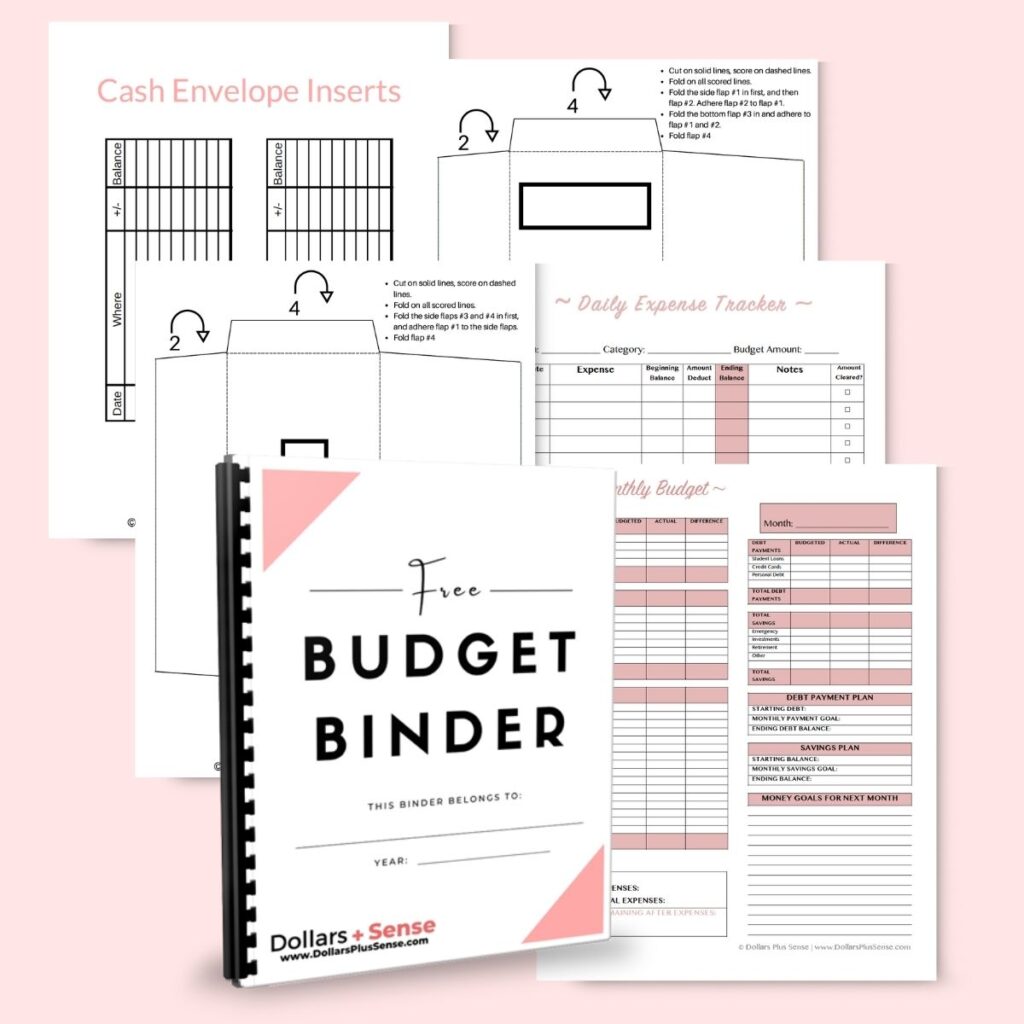Last Updated October 22, 2022
A credit report is a very important document that can tell you a lot about your financial health. It contains information about how you’ve used credit in the past and can be used to help lenders decide whether or not to extend you credit. If you’re curious about what’s in your credit file, Equifax is one of the three major credit reporting agencies in the United States. In this article, we’ll teach you how to read your Equifax credit report so that you can understand it better!
What Is Equifax?
Equifax is one of the major credit bureaus that provide free credit scores and credit reports, based on personal data collected through its website and mobile apps, to people looking to improve their financial situation.
Here, consumers can access information about their credit cards and credit activity without paying any additional fees. This article is right for you if you want to learn how to read Equifax credit reports.
What Is in a Credit Report?
Your credit report includes everything about your financial situation, which lets lenders know about your ability to repay any debts. One example is the FICO Score—a type of credit score which is typically the main focus of lenders since it allows them to assess the credit risk of you borrowing money from them.
Lenders, such as banks and other financial institutions, use your credit report to see if you are a good candidate for a loan. They also use it to see if you are eligible for other types of loans, like car loans. Your FICO score is usually important to the lender when making this decision.
If you use credit cards, but have a history of making late payments, missed payments on a mortgage, or filed for bankruptcy, lenders would likely think twice about lending you money.

Credit reports contain three main types of information:
- Payment history,
- Collections accounts, and
- Inquiries.
Payment history lists your account balances and payment dates. Collections accounts show where creditors have sent your bill. Inquiries include requests for information from potential creditors. Keep in mind that this is private information about you, not found in public records.
How to Get Your Equifax Credit Report
You are entitled to one free credit report every 12 months, which you can access by visiting equifax.com or annualcreditreport.com.
Alternatively, you can order a copy of your credit report by telephone or mail by contacting the Annual Credit Report Service. The contact details are as follows:
Telephone Number: (877) 322-8228.
Mail: Annual Credit Report Request Service
P.O. Box 105281
Atlanta, GA 30348-5281
To request your Equifax credit report via mail, you must complete an annual credit report request form, which will then be mailed to the address listed above.
How to Understand Your Equifax Credit Report

Once you have your Equifax credit report, it’s time to start reading it! Here’s a quick guide on how to understand the different sections of your report:
- Identifying Information: This section includes your personal information such as your name, address (including previous addresses), Social Security number, date of birth, and employment information.
- Credit History: This section lists your current and past credit accounts, including loans, credit cards, and lines of credit. It also includes your payment history on these accounts.
- Public Records: This section includes any bankruptcies, foreclosures, or tax liens that have been filed against you.
- Inquiries: This section lists any companies that have requested your credit report in the past two years.
- Bankruptcies: This section includes any bankruptcies that have been filed against you in the past ten years.
If you see any errors in your Equifax credit report, you can dispute them by following the instructions on the Equifax website.
How to interpret your Equifax credit score
Your Equifax credit score is a three-digit number that’s calculated based on the information in your Equifax credit report. This score is used by lenders to help them decide whether or not to give you a loan.
Equifax has its own model to determine whether you’re worthy of getting approved for a loan. The model involves the usage of different data points and algorithms to do credit score calculations and come up with credit ratings.
Equifax considers:
- Your total monthly revolving balance,
- Current credit utilization ratio (the percentage of your available credit used),
- Average daily balance, and
- Length of credit history.
A high score means you’re a low-risk borrower, which could lead to a lower interest rate on a loan. A higher credit score usually indicates better financial responsibility. Lenders use several criteria when deciding whether or not to lend a person money, including credit scores.
What Is a Good Credit Score?

A credit score is just an indicator of how likely someone is to pay off loans. But no one number represents a person’s creditworthiness. Instead, creditworthiness is based on several factors, including payment history, type of loan, length of time since the last loan, and amount owed.
The most common credit scores are FICO, VantageScore, and Fair Isaac Corporation. Each model uses slightly different criteria, but all use the same basic formula to determine how likely it is that you will pay back what you owe.
Different credit scoring models are implemented for various objectives. For example, lenders use one type of model to decide whether to offer you a mortgage. Insurance companies use another kind of model to help calculate premiums. Yet another type of model is used by employers to evaluate job candidates.
Your credit score does not guarantee you financing. Lenders look at many factors when deciding whether to approve you for their credit products. Factors considered include your income, employment history, debt levels, and ability to repay the amount you borrowed. However, generally speaking, the lower your credit score, the more likely you will have to pay higher interest rates on your debt.
How to Improve Your Equifax Credit Score

If you’re looking to improve your Equifax credit score, there are a few things you can do:
1. Make sure there are no inaccuracies on your credit report
You’ll want to make sure the information in your report is both correct and complete. Any errors could be dragging down your score. If you find any inaccuracies, you can file a dispute with Equifax. Keep in mind that even if an error is removed from your report, it could still take some time for your score to rebound.
So it’s a good idea to be proactive and protect yourself by setting up a fraud alert or credit freeze. These will make it more difficult for criminals to open new accounts in your name.
2. Reduce the amount of credit you’re using
You shouldn’t spend as much as you can on your card or get close to your credit limits. A high credit usage rate indicates to lenders that you are a high-risk borrower. The best thing to do is to try to keep your credit utilization rate low.
Your credit utilization ratio is the percentage of your available credit you’re using. For example, if you have a $1000 credit limit and a balance of $500, your credit utilization ratio is 50%. Ideally, you want to keep your credit utilization ratio below 30%.
One way to lower your credit utilization ratio is to pay down your credit card debt. Another way is to ask your credit card company for a higher credit limit. If you have a good credit history, they may be willing to give you a higher limit, which would immediately lower your credit utilization ratio.

3. Pay your bills on time
One of the biggest factors in your Equifax credit score is your payment history. So, it’s important to make sure you’re always making at least the minimum payment on time. You can also set up automatic payments so you never have to worry about missing a payment.
- Related Article: 9 Things To Do When You Need Help Paying Bills
4. Limit applying for new lines of credit
Every time you apply for a new credit card or loan, it results in a hard inquiry on your credit report. Too many hard inquiries can hurt your score. So, if you’re looking to improve your Equifax credit score, you should limit the number of new lines of credit you’re applying for.
5. Don’t close old accounts
Old accounts show creditors that you have a long history of using credit responsibly, which can help improve your score. So, even if you don’t use an old account, it’s best to keep it open. Closing old accounts also lowers the amount of credit you have available, which increases your credit utilization ratio and can actually hurt your score.
These are just a few things you can do to improve your Equifax credit score. By following these tips, you can improve your Equifax credit score and make it easier to get approved for loans and credit cards with better terms.
What Do Inquiries on Your Equifax Credit Report Mean?

Too many inquiries could indicate that your financial situation isn’t stable enough for lenders to give you a loan. Repeated inquiries could lead to problems getting approved for loans such as mortgages or car financing.
To find out whether you have too many inquiries, check your credit reports for inquiries from creditors and collection agencies. Look for inquiries from the following sources:
- Banks and credit unions.
- Credit card issuers.
- Mortgage providers.
In most cases, this information is retained within your credit report for up to three years. After that, lenders will no longer see the information.
What is an inquiry?
Inquiries are recorded every time Equifax asks for information about your credit report. These are listed under the inquiry section of your credit report.
What types of inquiries are there?
Inquiries can be categorized as either: hard inquiries or soft inquiries.
A hard inquiry happens when you apply for a new loan or credit card. This type of inquiry appears on your Equifax credit report; thus, making an impact on lenders’ decision-making. A hard inquiry will stay on your report for up to two years and may slightly hurt your score.
On the other hand, a soft inquiry happens when you or a creditor checks your credit report. A soft inquiry does not appear on your Equifax credit report and; therefore, it does not influence your credit ratings or FICO scores. Examples of when a soft inquiry may happen are when you check your own report, or when a creditor checks your report for pre-approval offers.

What do inquiries mean for your credit score?
Credit inquiries are one of the most common ways lenders check out your credit history. They’re used to determine how much money you owe, what types of loans you’ve taken out, and even whether you qualify for specific loan programs.
While the number of inquiries can make the difference in you being deemed a risky debtor, they aren’t necessarily a sign of a poor credit score.
What Are the Different Types of Accounts on Your Equifax Credit Report?
Here is a list of different accounts which can be found on the Equifax Credit report.
Open accounts
An open account is an account that you currently have with a creditor. When you apply for a new line of credit, such as a mortgage or auto loans, lenders often ask for information on open accounts.
Closed accounts
A closed account is an account that you no longer have with a creditor. This could be because you paid off the balance in full, or because the account was sold or transferred to another lender.

Derogatory accounts
A derogatory account is an account that has been reported to Equifax as delinquent, in collections, or otherwise past due. Lenders may report derogatory items to their databases if you fail to pay back a loan. A derogatory item can include late payments, bankruptcy filings, judgments, liens, collections, repossessions, foreclosures, tax liens, wage garnishments, and bankruptcies.
Collection accounts
A collection account is an account that has been turned over to a debt collector for payment. This could happen if you fail to make payments on an open account, or if you have a derogatory item on your credit report.
Summary
Your Equifax credit report is a detailed account of your credit history and borrowing behavior. It is crucial to learn how to read your Equifax credit report because it is a good way to make sure that the information being reported is correct and up-to-date. It also allows you to look for any signs of identity theft. The more you know about your credit history, the better prepared you may be for making significant financial decisions, such as buying a house or a car.
Related Articles:






